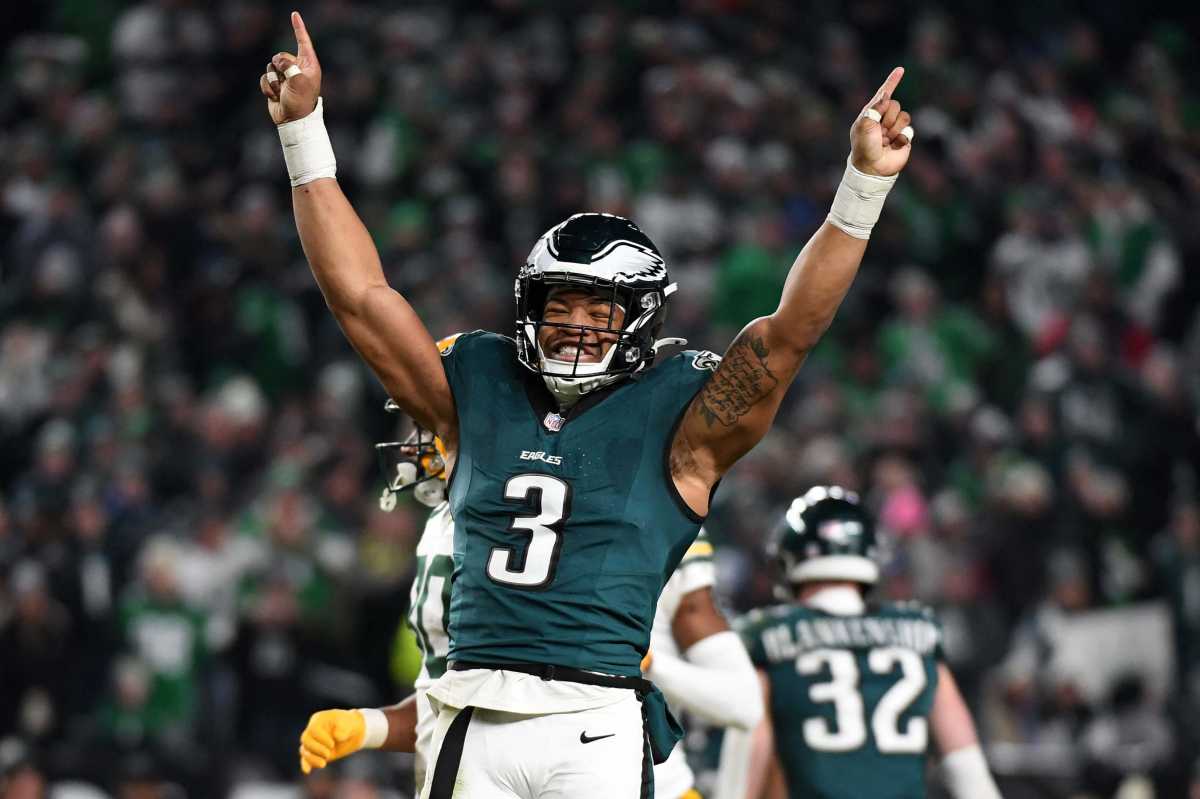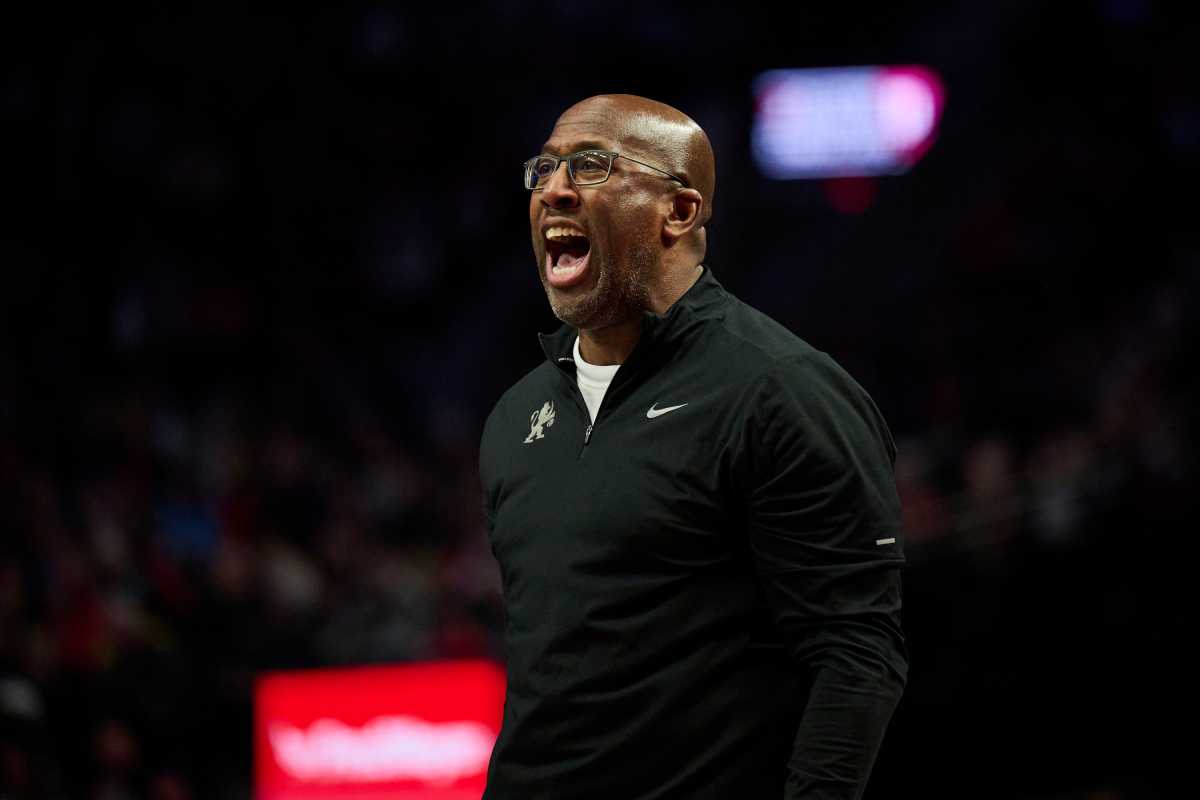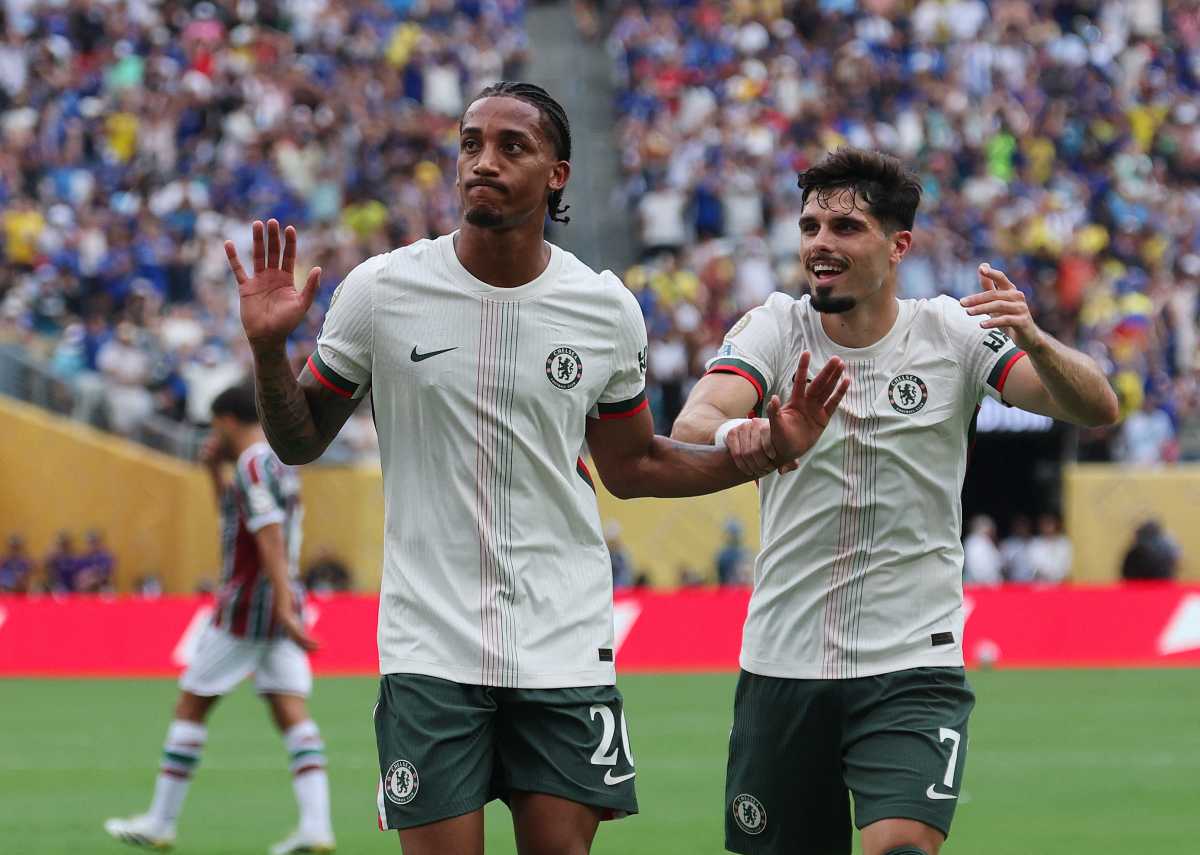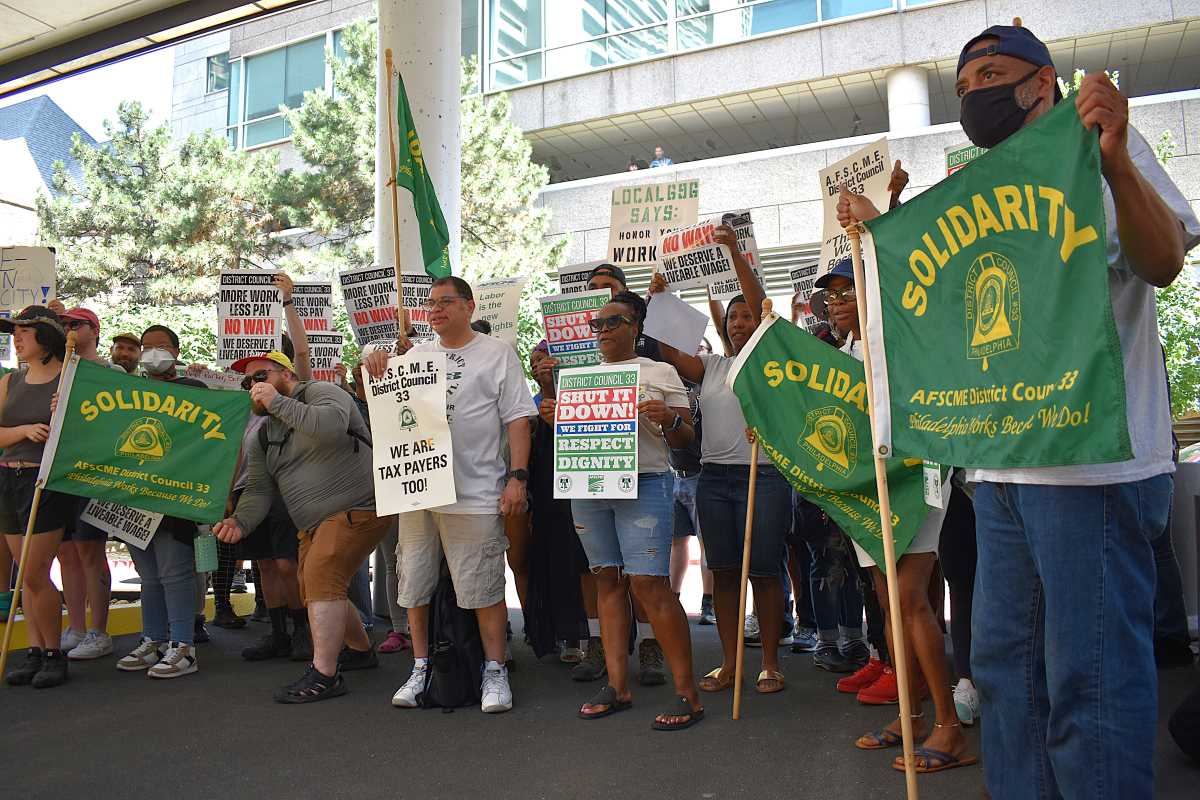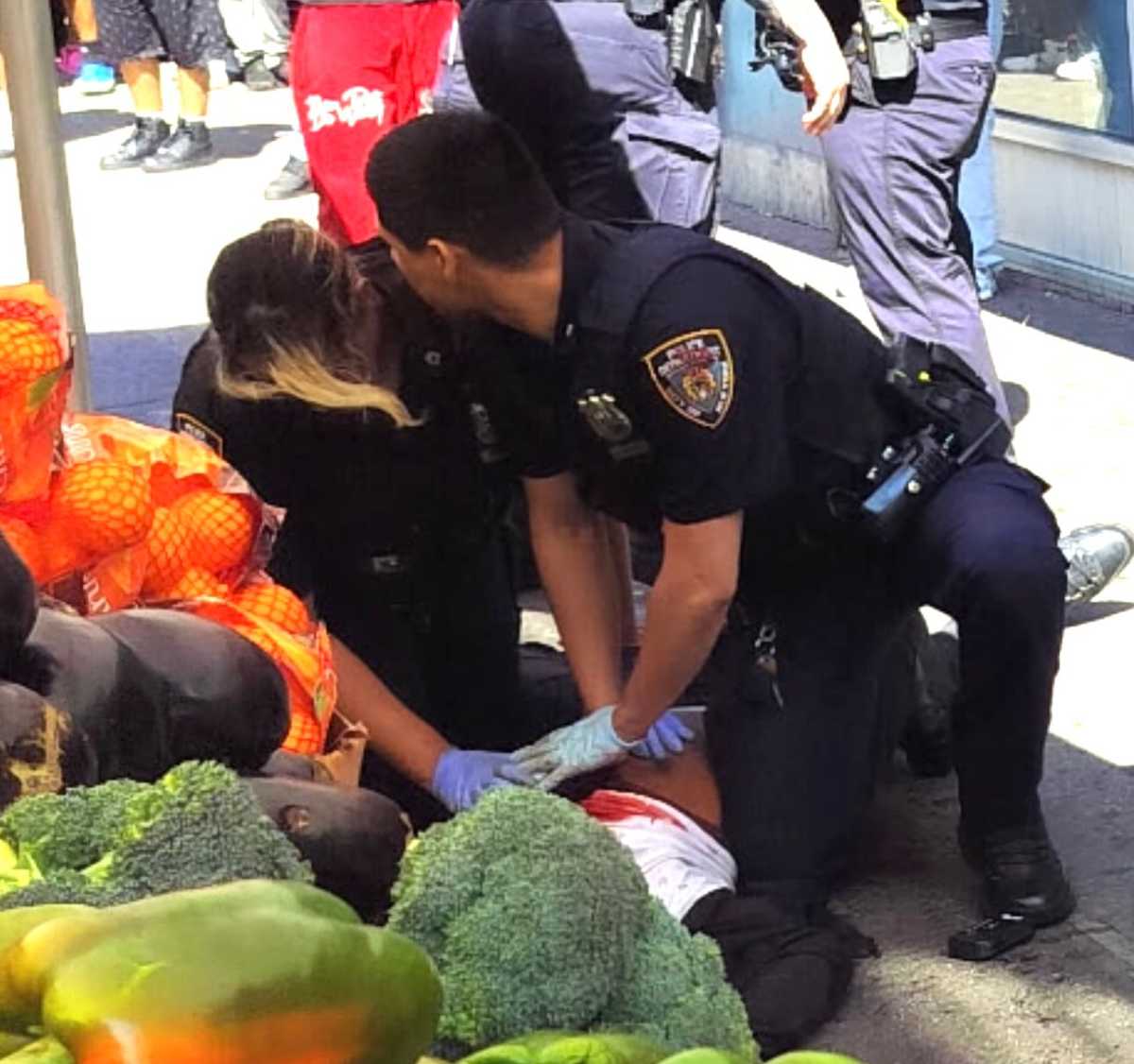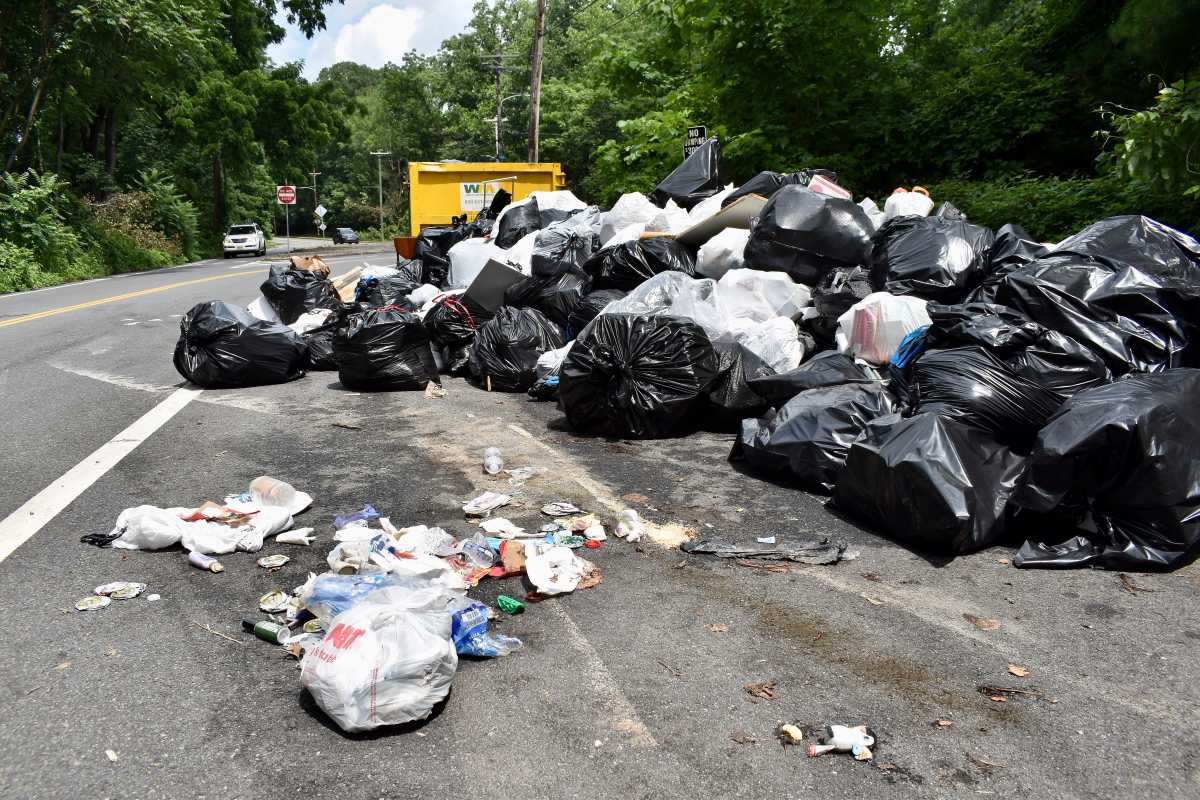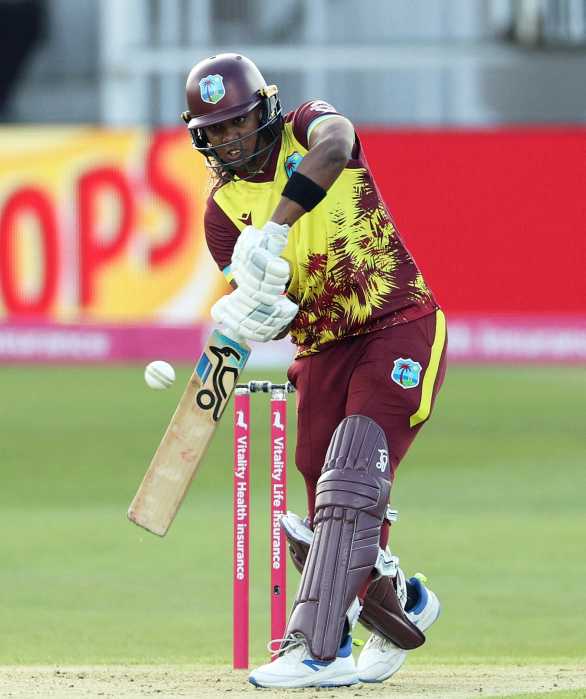 Steve Coogan takes his longtime character to the big screen with “Alan Partridge.”
Steve Coogan takes his longtime character to the big screen with “Alan Partridge.”
Credit: Getty Images
Steve Coogan has been on a roll of late, getting an Oscar nomination for co-writing “Philomena,” a drama in which he starred opposite Judi Dench, and getting ready for “The Trip to Italy,” a sequel to the much-loved show and movie “The Trip.” But he always has Alan Partridge, the character that first made him famous.
Created during the 1991 fake news radio show “On the Hour,” Coogan’s Partridge — an egotistical boob of a DJ and failed celebrity — wound through two separate BBC TV shows. (If you’re an American, you can learn more about him inthis primer.) In his first movie, “Alan Partridge,” he gets involved in a radio station hostage situation.
Alan Partridge began in 1991, meaning you’ve been living with him for about 23 years. What is your relationship like?
I have this kind of love/hate relationship with him, because I’m encumbered by him. He’s prevented me from doing things I want to do, because he’s been so successful. I got bored of him for a bit, but I like the character, I think he’s funny. He’s evolved too. He’s less cartoon-like, closer to me. He’s a conduit into which I can throw all my frustrations and annoyances. Sometimes I think the things that Alan says are objectionable. Other times it’s a way for me to say things I really truly think. He’s the guys who says “the emperor isn’t wearing any clothes” sometimes.
It seems better for you now than it has been in the past sometimes.
My relationship with him is pretty good, mainly because I’ve been able to do other things. Perversely, the more successful I am at doing what I want to do, which is more dramatic stuff and writing and producing dramas that have comedy in them, as opposed to just broad comedies — the more successful I am the more likely I am to do Alan Partridge. Because I don’t feel so insecure about it. I’m doing stuff that’s valid and is respected, so it’s fun to go back and do [Partridge]. I do it through choice. It’s not like I’m doing a revival tour, like a band that breaks up because they hate each other and then realize if they want to pay the rent they have to get back together. I don’t want to be doing it for those reasons. As long as I do it because I want to do it and it’s enjoyable, then I’ll carry on.
You’ve said there were new writers who helped breathe new life into him for you.
I’m like the lead singer that keeps changing the lineup. I had written with Patrick Marber back in the day. Then Peter Baynham, who writes for Sacha Baron Cohen now. Armando Iannucci has been on and off throughout. And now I have Rob and Neil Gibbons. And they had the missing magic ingredient. I didn’t want to do Alan again unless it could be equal or better quality than before. These guys brought pathos to the character, which wasn’t there at the start. They brought humanity to the idiotic side of Alan, vulnerability, so that however much of a d— he is, he’s not wicked. He’s just misguided. He’s not so alien that people look at him and go, “God, what a loser.” They look at him and think, “Wow, I’m not that far away from him myself.”
He does have a slight moment of revelation in the film “Alan Partridge.” But it’s not clear it will last long.
You can’t have a character undergo a damaging conversion. You can have him be enlightened for a moment, but then go back to being that guy. It would be suicidal, creatively, if we made Alan well-adjusted. If Alan got therapy, that’d be awful. That’s not a bad idea, actually, now that I think about it.
If you had a nice Alan Partridge, who’s self-aware.
Self-aware and ironic and good company and just talks about when he used to be a d—. That’d be quite interesting to do that: to make him not interesting at all. There’s no jokes, just him thinking about what he used to be like before he sorted his s— out. And it’s not funny. [Laughs] Because it’s so counterintuitive, I kind of like it.
Alan does seem to have mellowed a bit as he’s gotten deeper into middle age.
It’s not like “The Simpsons,” where they stay the same age. As Alan ages, it opens new material. Creatively, I’m getting older, I think about things slightly differently. My priorities are slightly different than they were before. You’re more comfortable in your own skin, you’re less concerned with what other people think about you. All that stuff bleeds into the creative process.
He’s gotten less openly right-wing and homophobic than he once was, too.
He has to reflect the zeitgeist, in some way. Although he’s a comic character, you have to balance things. You look around and think, “Well, things are changing.” What’s acceptable in the culture changes. Libertarian Republicans who are comfortable with gay marriage — that would not have been the case 25 years ago.
Or five years ago.
Or five years ago. So the idea of the xenophobic right-wing person, even though that’s still out there, becomes kind of tired. We found it more fun for him to embrace liberal attitudes — or for him struggle to embrace the liberal attitudes toward sex and sexual politics, the change in family structure, all that stuff. He realizes that things are changing and you can’t kick against it. It’s funny to have him try to be trendy in some ways. At heart he’s homophobic, but he tries to not be. For some reason it’s funny to see, say, someone try to talk to a black guy about racism because he can’t think of anything else to say to him because of his lack of imagination. All he sees is a black guy, not just a person. Seeing someone struggle with that is funnier than just seeing a racist. It’s more nuanced.
How did you view Alan Partridge when you created him? When you hear or see him in his infancy, on “On the Hour” and “The Day Today,” he’s a lot more meek, more of a punching bag.
He was just a voice at first, and then we started asking questions like, “Where does he live? Does he have a wife? Kids?” And [Marber] pushed me on it, and I’m grateful for that. It was a character that grew in front of the public. His development was part of its history.
You and the writers seemed to enjoy picking on him a lot more earlier, too.
At the start it was like pulling the legs off an insect, laughing, mocking, all schadenfreude. But I personally got defensive and annoyed at Armando and Patrick. I was like, “Hang on a second, don’t just say, ‘Isn’t he a jerk? Isn’t he stupid? Isn’t he ignorant?’” The first breakthrough was having guests on his talk show who were even more ignorant and pretentious than he was, and having him say stuff that reveals their hypocrisy. But he was still unaware. Now, 20 years later, you can have fun with someone who is not fully self-aware, but has these moments of self-awareness where you see the fear in his eyes. It makes you feel compassion for him. In the film you don’t want him to be destroyed. What helped in the film was making the “big bad wolf” the multinational corporation that doesn’t give a damn [that’s buying out his old radio station and making it “hip”]. Whatever his prejudices, Alan is trying to do his little job in his small world, serving the community with his little radio show. It was important to me that if anyone is getting attacked, it was the faceless multimedia conglomerate.
Alan even defends his old friends — to a point.
Much like “Family Guy,” which says very edgy things, you know at the end of the day [Peter] always goes back to his family. That gives you license to do all sorts of things, when you have a “moral call.” Otherwise it’s just nihilistic. That’s why this sustains itself, because it’s not totally cynical.
Follow Matt Prigge on Twitter @mattprigge



